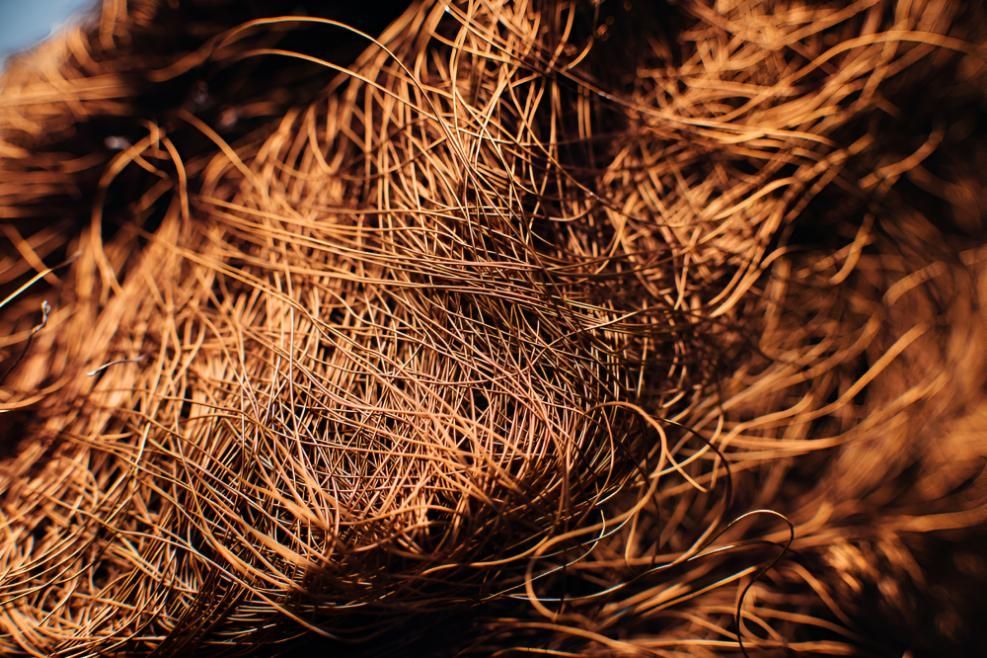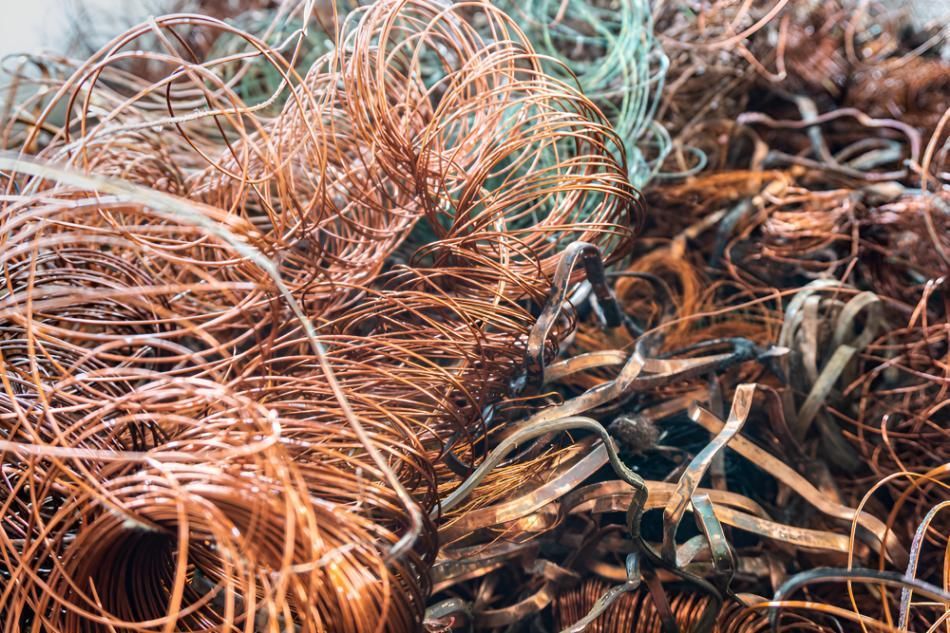
Maryborough Non-Ferrous Scrap Metal Recycling
Non-ferrous metals are worth more than most people realise—and they’re hiding in plain sight. From copper wiring and brass fittings to aluminium offcuts and stainless steel sinks, Maryborough Recycling helps locals turn these materials into instant cash.
We make non-ferrous scrap metal recycling hassle-free. Whether you’re a tradie, a small business or just clearing out the shed, we accept a wide range of non-ferrous items and offer competitive prices backed by decades of experience.
We take the guesswork out of sorting, weighing and pricing. Drop it off, and we’ll get you sorted fast—no mucking around. With over 30 years in the game, we know what locals need: straight talk, fair rates and quick turnarounds. Call our team on
(07) 4121 3458 to find out what your scrap’s worth.
Straightforward Non-Ferrous Scrap Metal Recycling
Every bit counts—especially when it’s copper. Or brass. Or clean aluminium sheeting. These metals fetch solid rates, and we make sure you see that value upfront.
Non-ferrous metals don’t contain iron, so they won’t rust and often come from high-value jobs like electrical, plumbing or construction. We buy it all: copper wire, aluminium cans, stainless kitchenware, air-con units, batteries—you name it.
You don’t have to be an expert to recycle with us. We’re always happy to help you sort materials or figure out what’s worth what. And we pay on the spot, so you’re never left wondering.
Our yard’s set up for quick drop-offs and bulk loads alike, and we’ve got scrap bins available if you're managing ongoing metal offloads. Whether it’s once a week or once a year, we’re here to help. Scrapping non-ferrous isn’t just smart—it’s simple when you’ve got the right crew on your side.
Frequently Asked Questions
What is non-ferrous scrap metal and how is it different from ferrous metal?
Non-ferrous scrap metals are metals that do not contain iron and are not magnetic. Common types include copper, brass, aluminium, lead, stainless steel and zinc. These metals are generally more resistant to rust and corrosion compared to ferrous metals like steel or iron.
Because of their durability, conductivity and lightweight properties, non-ferrous metals are often used in plumbing, electrical wiring, roofing, batteries and construction.
They tend to be more valuable at scrap yards due to their lower availability and high recyclability.
Sorting non-ferrous metals separately before recycling can result in a higher payout and faster processing.
How much money can I get for non-ferrous scrap metal?
The price for non-ferrous scrap metal depends on the metal type, purity, market demand and quantity.
Copper tends to be the highest-paid scrap metal, often followed by brass, aluminium and stainless steel. For example, clean copper wire or pipe may fetch several dollars per kilogram, while aluminium might earn a fraction of that.
Prices fluctuate daily based on global commodity markets. Scrap yards usually offer higher rates for clean, sorted materials that are free from paint, insulation or fittings.
Bringing in large quantities or rare types of non-ferrous metal can increase your payout significantly.
What’s the best way to prepare non-ferrous metals for recycling?
To maximise your return and make drop-off faster, prepare non-ferrous scrap by separating different types (e.g., copper from brass, aluminium from stainless steel).
Clean off excessive paint, plastic or insulation when possible—especially for items like copper wiring or plumbing fixtures.
Remove screws, fittings or any attached materials that may downgrade the scrap quality.
Use separate containers or clearly label your items to avoid confusion at the yard.
If you’re unsure about the metal type, bring a magnet—non-ferrous metals won’t stick, making them easier to identify and sort.





